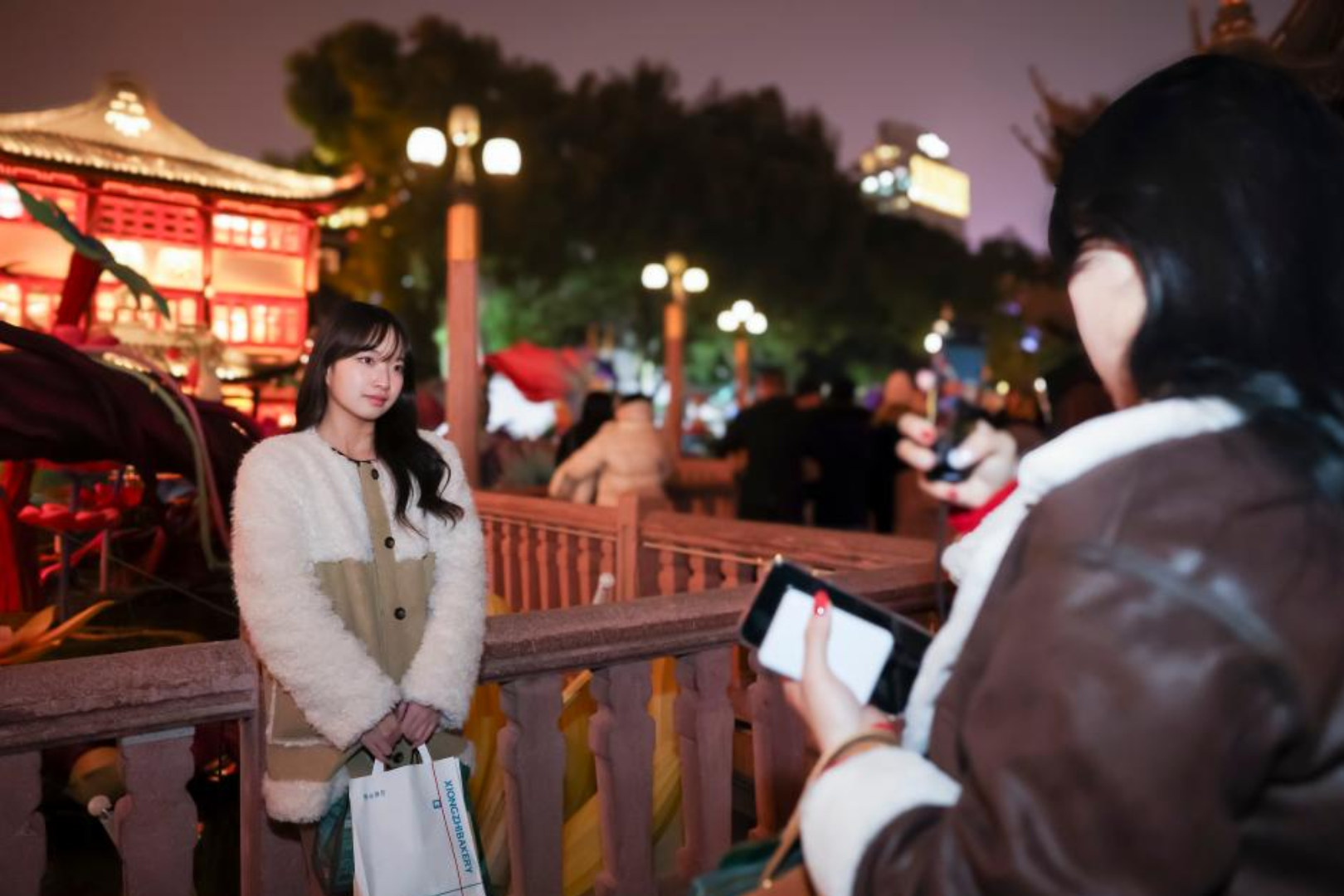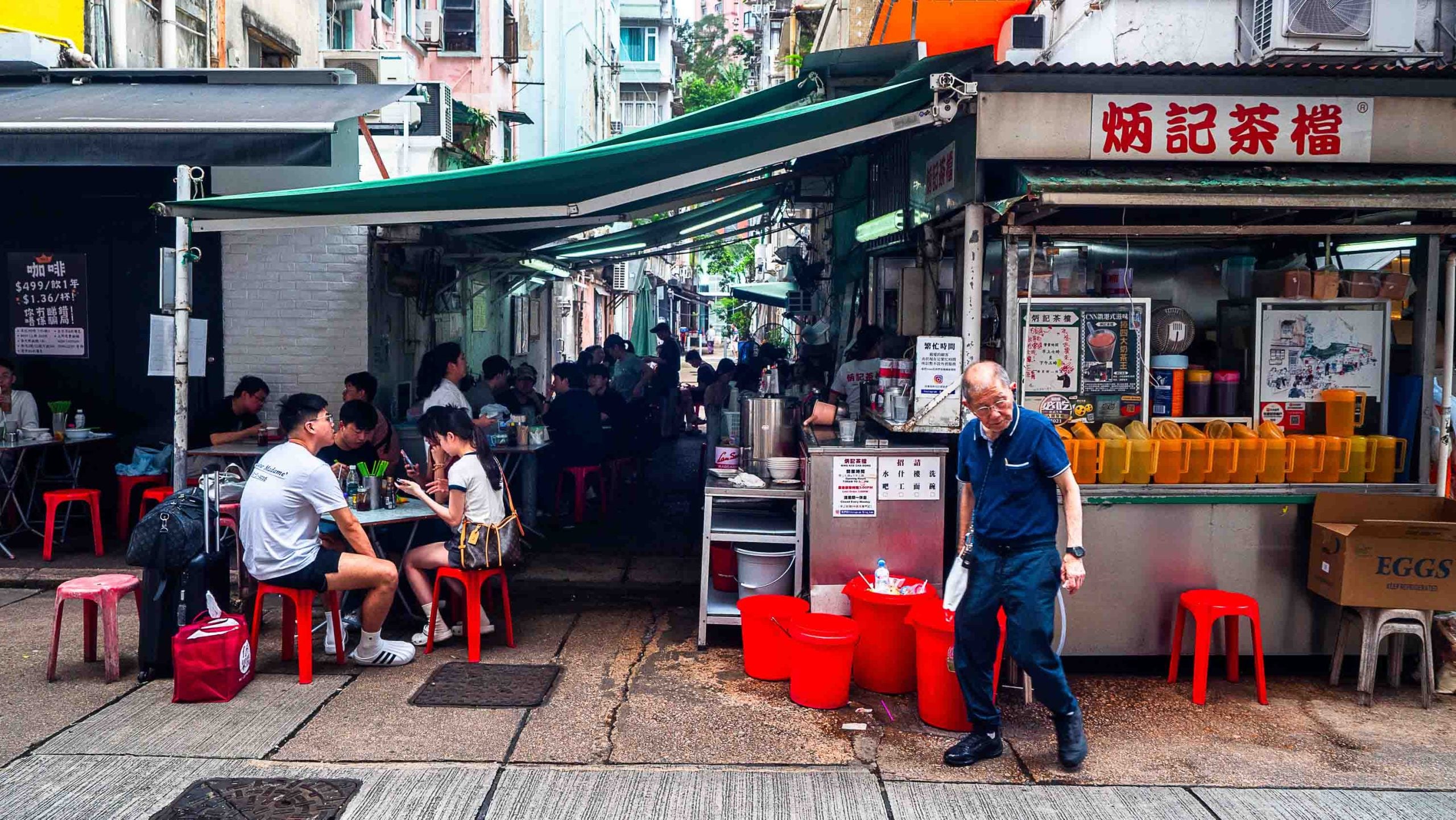With less than one month until the Beijing 2022 Olympics, the Omicron variant has made enforcing China’s zero-Covid strategy more challenging than ever.
The cities of Xi’an, Anyang, and Yuzhou have all seen mass lockdowns in recent weeks, collectively impacting some 20 million residents. According to Worldometer, active cases in China numbered 3,494 on January 17, an increase of almost 2,000 from a month earlier.
But still, that’s surprisingly low for the world’s most populous nation, especially given the greater transmissibility of Omicron. To put this into context, active cases in the US doubled in the past month from 10,433,559 to 23,591,203.
Among the latest confirmed cases in China are two staff members at a milk tea shop across from Shanghai’s 1788 Square shopping mall in the bustling Jing’an district.
The boba shop closed once the cases were found on the day of January 13 and it has been listed as a medium-risk area. As a precaution, the 1788 mall was also closed for at least one day, a staff member at 1788 tells us by phone.
As a result, visitors and workers at 1788 found themselves living a teenage dream come true: a sleepover at the mall.
We had the opportunity to speak with Ethan, a Shanghai resident who was inside for the ordeal, to hear a firsthand account of China’s zero-Covid campaign in action — when the threat of transmission hits a contained environment.
Ethan, who asked to be identified only by his first name, was in the mall that day for a business meeting. When he tried to leave around 7:30 PM, he noticed a large crowd gathered by the exit.

“The building managers and staff were downstairs telling everyone we might not be getting out,” he says. “Another 10 or 20 minutes later, it’s confirmed that everyone needs to do a test before we get out.”
Ethan estimates that there were around 100 shoppers inside the building, which contains six floors of retail, dining, and service businesses, as well as an unknown number of people in the connected office building.
He noticed some elderly people who seemed concerned initially, and he was also a little nervous at first about the prospect of spending up to 48 hours in the mall (even our teenage selves would get bored eventually).
“But I think the staff of the building were quite organized; they were telling everyone what to expect. So after we heard that, I think my level of nervousness definitely went down a lot,” Ethan says.

Everyone in the building could move around freely, so Ethan returned to the restaurant where he had dinner earlier and then went for a haircut at a nearby salon.
“People were just moving up and down, walking around, getting coffee, using the bathroom, no problem. I got my hair done; a lot of people were getting their hair done, more people getting food.”

By 9:30 PM, testing was underway, Ethan recalls. In addition to about 20 building staff, there were 10-or-so police officers in full medical gear helping out and around a dozen medical personnel.
Each person lined up to have their Alipay, a digital payment system ubiquitous in China, scanned by healthcare workers. The info was then printed onto a test kit and brought to an adjacent testing line.
Mallgoers were tested first, followed by those who work in the building, with care taken to keep the two groups separated.
Ethan describes the swabbing process as extremely thorough, hitting the back of both nostrils and the throat. (If the thought doesn’t make you cringe, you haven’t been tested yet.)

Ethan owns a nightclub, currently under renovation, on the sixth floor of the property. Around 11:15 PM, he made his way there to sleep on a couch in one of the private rooms.
He asked his staff about offering some of the limited space to others in the mall, but he was assured that everyone was being taken care of. The building is heated 24 hours a day, and all the overnighters “were provided with sleeping bags and sheets, water and food,” he says.

The following day was your not-so-average workday for Ethan, who also has a day job. He conducted a few hours of business meetings and phone calls from the comfort of what would typically be his evening place of business.
Others, meanwhile, were provided with breakfast, including eggs, warm milk and porridge, and later soy milk and steamed buns.
By 1 PM, everyone was allowed to leave the mall.
“Everyone was tested, and everyone was negative. If there was anyone positive, as I heard, we would be asked to stay there further.”
As it happens, visitors to Uniqlo — just a five-minute walk from 1788, did have to spend a full 48 hours in containment, according to Yahoo. The same article claims that similar incidents in Shanghai have happened at Jiuguang department store, Plaza 66, and Global Harbor Mall in recent weeks.
In the end, the whole ordeal amounted to a minor inconvenience, and under the circumstances, everything went incredibly smoothly. Ethan tells us that people stuck in the mall were cooperative and composed — something that may surprise people in the US and elsewhere, where locking down shoppers in a mall would likely result in a small riot.

“The one thing that surprised me was, I thought there would be chaos. There were so many people, and they needed to be managed. But when I looked everyone in the eye, they were so calm. People just carried on with their business,” Ethan recalls. “No one was screaming, no one was yelling.”
When asked if anything funny or unusual stood out to him, Ethan responds, “Maybe the funny part is I woke up in a nightclub. You don’t usually do that.”
Cover image via Depositphotos. All other photos courtesy of Ethan


















